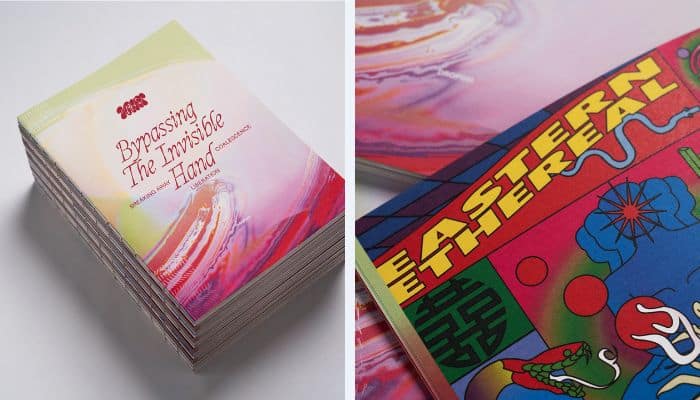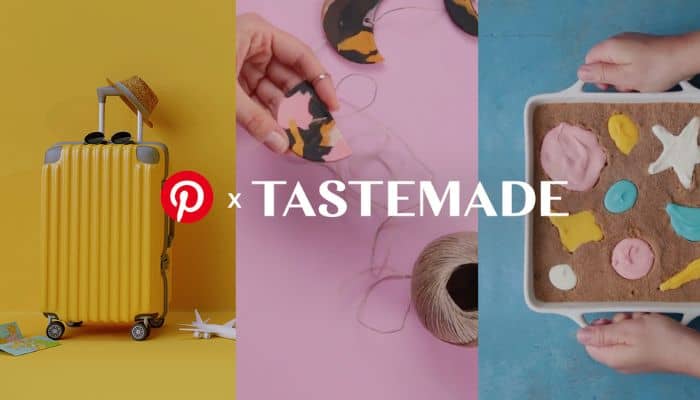Singapore – Socially-led creative agency, We Are Social Singapore, today debuts ‘vector,’ a community that brings together global creators and innovators to create immersive experiences and resources that help move the needle on creativity.
Bringing to the table diverse specialist skills from 3D motion design and CGI to product design, the ‘vector’ community is a platform for brands who wish to explore more cutting-edge, innovative creative work that constantly explores new frontiers. The community is already working with the condom brand, P.S. Condoms, on an upcoming campaign.
Powered by ‘.XYZ,’ the future strategy and innovation arm of We Are Social, vector’s founding community is made up of 23 future-minded creators from across disciplines and different corners of the globe, including renowned Japanese ‘human flesh’ artist and DJ, Doooo; New York-based polymath artist, Samar Younes; Singaporean visual artist and CGI specialist, Aundraj Jude; and Berlin-based visual artist, Reza Hasni.
Together, the community operates in multiplayer mode to deliver ‘drops’ and creative work that moves culture and creates ideas worth talking about.
To introduce ‘vector,’ the label has released ‘DROP001,’ a zine featuring creative work, interviews and essays from the community’s members. The zine is available for purchase on Metalabel.
Nai Yen Wang, managing director of We Are Social Singapore, said, “Leading the evolution of marketing is embedded in We Are Social’s DNA which is why our team in .XYZ has been working with the creator community to build vector. In an era where creativity is no longer confined to traditional realms, We Are Social and vector’s community are bringing together a village of craftspeople to reshape the narrative for how brands can show up in front of their audience amid a sea of sameness.”
Meanwhile, Agalia Tan, vector lead & senior planner at We Are Social Singapore, commented, “The concept of vector was seeded when we first noted the creation of more collaborative and communal social spaces at the fringes of the internet; communities that encouraged collaboration over competition, and aimed to reimagine how we could work and create alongside each other. As We Are Social continues to lead the evolution of marketing, it makes sense that we are not just talking about culture, but also actively producing culture alongside visionaries like MSCHF and Metalabel. We are excited to launch this new initiative as part of .XYZ.”
Lastly, Domingo Beta, vector creator & co-founder of Veleta Studiolab said, “The creative journey for vector’s first drop started by blending the vibrant energy of the featured artists with informative pages that unveil the techniques and structures behind their work. Inspired by the diverse pool of contributors, this approach influenced the design of the chapters and titles, allowing me to expand on the formal style of the logo’s letters. The project has plenty of room to grow and adapt, inviting future enthusiasts to play with it and explore new possibilities.”




